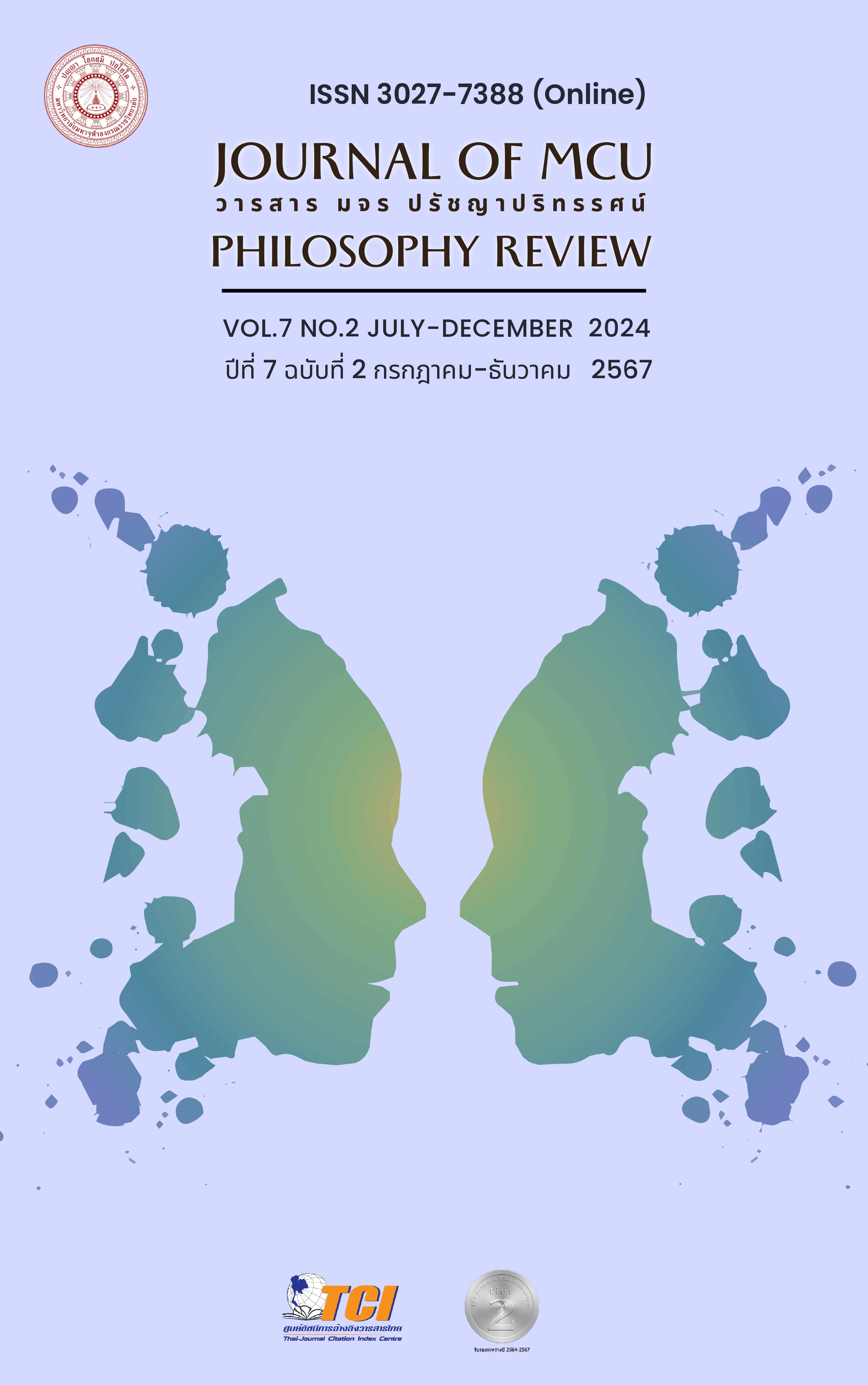The Administration Education Model in Digital Age Under the Office of the Basic Education Commission
Main Article Content
Abstract
The objectives of the study were: 1) to study the components of the administration education model in digital age under the Office of the Basic Education Commission, 2) to create and develop a model of the administration education model in digital age under the Office of the Basic Education Commission, 3) to evaluate and verify the implications of the administration education model in digital age under the Office of the Basic Education Commission. The mixed methods research was used in this study. The sample group was secondary schools under the Office of the Basic Education Commission from 310 locations. The data providers were 3 persons totaling 930 informants. The research instruments consist of the interview, the questionnaire, and the model assessment. The statistics were analyzed by frequency, percentage, mean, standard deviation, and exploratory factor analysis. The results of the research were as follows: 1) The components of the administration education in digital age under the Office of the Basic Education Commission were found 5 components, a total of 97 variables. 2) The administration education model in digital age under the office of the basic education commission were found 5 components as digital technology for development, systematic evaluation of educational institutions, motivation to use technology, digital leadership and digital technology in educational institutions. 3) The 5 components of the administration education model in digital age under the Office of the Basic Education Commission were at 100 percent verification of the acceptable range of accuracy, suitability, possibility, and practicality that correspond to the theoretical studies.
Article Details

This work is licensed under a Creative Commons Attribution-NonCommercial-NoDerivatives 4.0 International License.
บทความที่ได้รับการตีพิมพ์เป็นลิขสิทธิ์ของวารสาร มจร ปรัชญาปริทรรศน์
ข้อความในบทความที่ได้รับการตีพิมพ์ในวารสาร ถือเป็นความรับผิดชอบของผู้เขียนบทความ และข้อคิดเห็นนั้นไม่ถือว่าเป็นทัศนะและความรับผิดชอบของกองบรรณาธิการวารสาร มจร ปรัชญาปริทรรศน์
References
ชิรวัฒน์ นิจเนตร. (2560). การวิจัยพัฒนารูปแบบทางสังคมศาสตร์และการศึกษา. วารสารราชภัฏสุราษฎร์ธานี, 4(2), 71–102.
ทิพวรรณ โพธิ์ขำ. (2564). รูปแบบการบริหารโรงเรียนประชารัฐในยุคดิจิทัล สังกัดสำนักงานคณะกรรมการการศึกษาขั้นพื้นฐาน. วารสารวิจัยวิชาการ, 4(1): 177-188.
ศิริพงษ์ กลั่นไพฑูรย์. (2564). รูปแบบการพัฒนาภาวะผู้นำทางวิชาการในยุคดิจิทัลของผู้บริหารสถานศึกษา ขั้นพื้นฐาน. (วิทยานิพนธ์การศึกษาดุษฎีบัณฑิต สาขาวิชาการบริหารการศึกษา). มหาวิทยาลัยนเรศวร.
สมชาย วรกิจเกษมสกุล. (2553). ระเบียบวิธีการวิจัยทางพฤติกรรมศาสตร์และสังคมศาสตร์. (พิมพ์ครั้งที่ 2). อุดรธานี: อักษรศิลป์การพิมพ์.
สราวุฒิ นิ่มนวล. (2565). รูปแบบการบริหารสถานศึกษาเพื่อพัฒนาคุณภาพของครูผู้สอนในศตวรรษที่ 21 สังกัดสำนักงานเขตพื้นที่การศึกษามัธยมศึกษาเพชรบุรี. (ปรัชญาดุษฎีบัณฑิต สาขาวิชาการบริหารการศึกษา). บัณฑิตวิทยาลัย: มหาวิทยาลัยนอร์ทกรุงเทพ.
สำนักงานเลขาธิการสภาการศึกษา. (2560). แผนการศึกษาแห่งชาติ พ.ศ. 2560-2579. กรุงเทพฯ: กระทรวงศึกษาธิการ.
สุรศักดิ์ ปาเฮ. (2562). การศึกษาภควันตภาพ: เรียนได้ทุกหนทุกแห่งและทุกเวลา. แพร่: แพร่ไทยอุตสาหการพิมพ์.
อติพร เกิดเรือง. (2560). การส่งเสริมการเรียนรู้ในศตวรรษที่ 21 เพื่อรองรับสังคมไทยในยุคดิจิทัล.วารสารมหาวิทยาลัยราชภัฏลำปาง, 6(1), 173-184.
Chamchoi, S. (2015). Technology leadership: bringing technology to classrooms and schools in the 21st century. Journal of Education. Naresuan University, 17(4), 216-224.
Cronbach, L. J. (1990). Essentials of psychological testing. (3rd ed.). NY: Harper & Collins.
Likert, R. (1987). The Human Organization: Its Management and Value. New York: McGraw - Hill.
Napate, S., et al. (2020). Digital transformation of management education. American International Journal of Business Management, 3(9): 19-23.
Wiersma, William. (2000). Research Methods in Education. (7th ed.) Boston: Allyn and Bacon.


